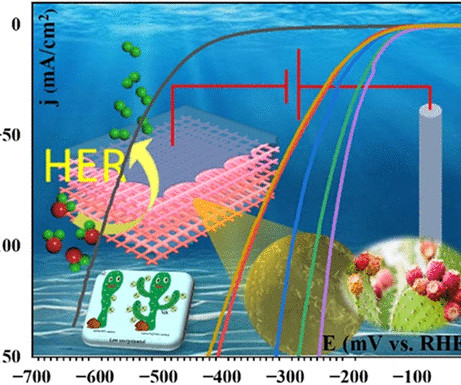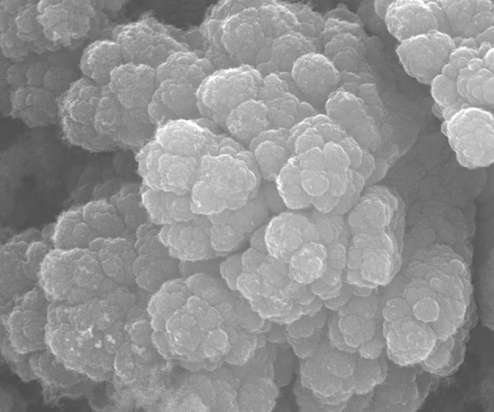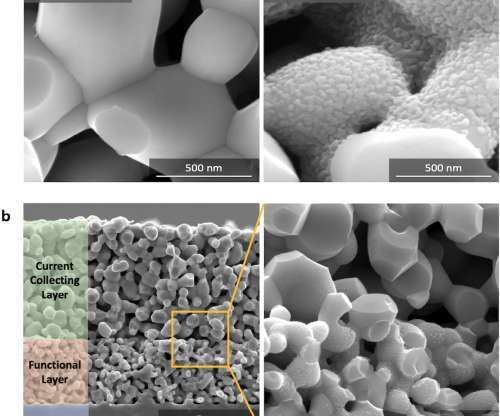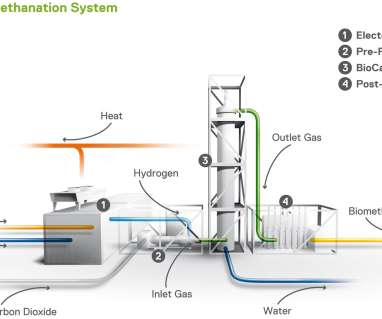Universal Hydrogen successfully completes first flight of hydrogen fuel cell powered regional airliner
Green Car Congress
MARCH 3, 2023
Universal Hydrogen has flown a 40-passenger regional airliner using hydrogen fuel cell propulsion. The airplane, nicknamed Lightning McClean, took off at 8:41am PST from Grant County International Airport (KMWH) and flew for 15 minutes, reaching an altitude of 3,500 MSL. Deliveries will start in 2025.

































Let's personalize your content